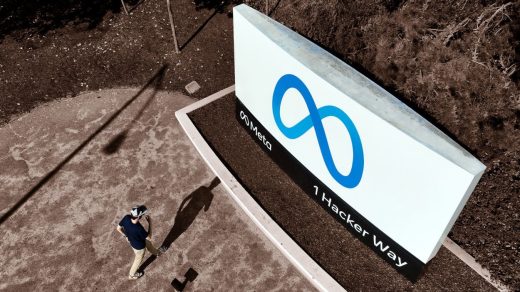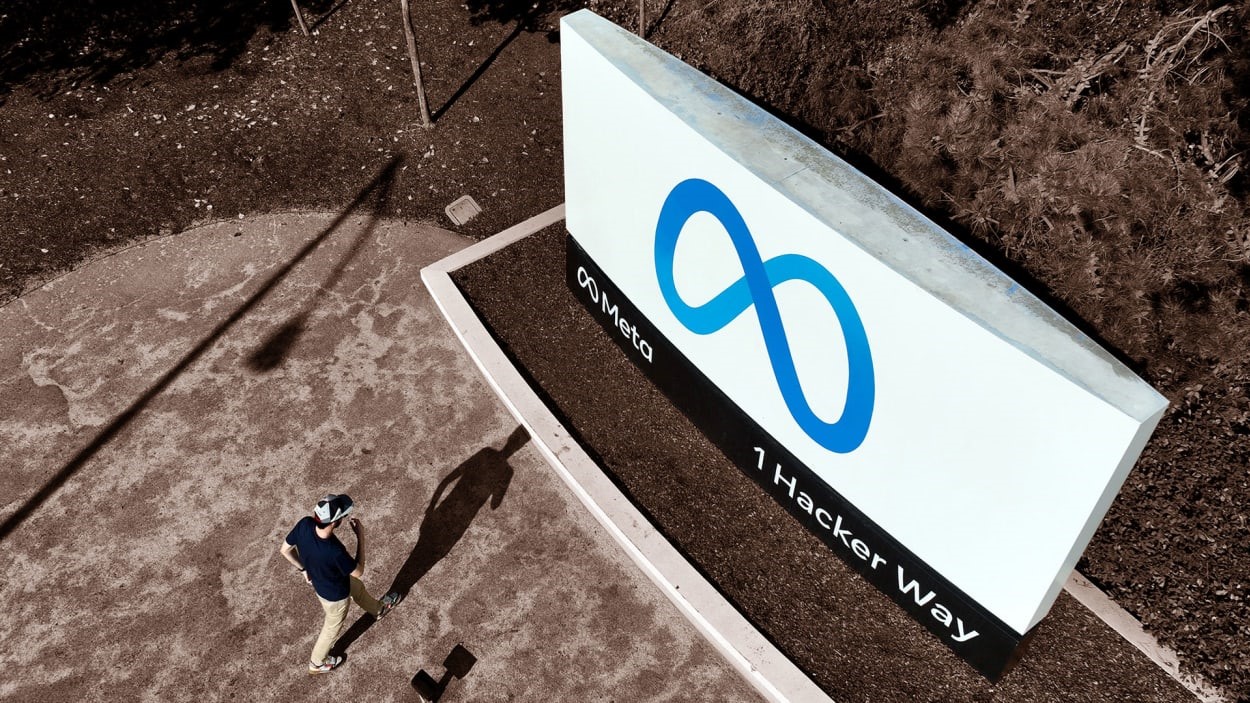Meta announces its first-ever dividend, sending the stock soaring
By Chris Morris
Meta, for the first time in its history, is giving money back to its investors.
The company, on Thursday, said it would give a 50-cent-per-share dividend to shareholders and also announced plans for a $50 billion share buyback. That came on the heels of a solid earnings beat across the board.
The company’s stock was up more than 21% as of midday Friday.
Meta reported earnings per share of $5.33 in the fourth quarter of 2023, well above the $4.96 that analysts were expecting. (For historical perspective, the company reported quarterly earnings of just $1.76 per share in the same time period a year ago.) Revenues topped expectations as well, coming in at $40.1 billion—and the company’s guidance for the upcoming quarter (between $34.5 billion and $37 billion) is well above the $33.8 billion that analysts were expecting as well.
“This was a pivotal year for our company,” the company said in a statement. “We increased our operating discipline, delivered strong execution across our product priorities, and improved advertising performance for the businesses who rely on our services. We will look to build on our progress in each of those areas in 2024 while advancing our ambitious, longer-term efforts in AI and Reality Labs.”
Virtually every component the company reported was beyond what investors and analysts were expecting. Daily average users and monthly average users exceeded predictions, while the company’s “daily active people” number, which measures the total number of people using all the company’s many platforms, was up 8%.
After last year’s “year of efficiency,” which saw more than 20,000 job cuts in a little more than a year, Meta does not seem to be positioning itself for additional cuts. The outlook for 2024 expenses (in the range of $94 billion to $99 billion) from the company was roughly the same as it had previously announced.
About the only area of concern for investors was the ongoing losses at Meta’s Reality Labs unit, which oversees its metaverse ambitions. Analysts were expecting losses of $4.26 billion this quarter from that group, but they came in a fair bit higher at $4.64 billion.
The spending in that unit isn’t going to taper off anytime soon either, as CEO Mark Zuckerberg continues to believe in the potential of the metaverse.
“For Reality Labs, we expect operating losses to increase meaningfully year-over-year due to our ongoing product development efforts in augmented reality/virtual reality and our investments to further scale our ecosystem,” the company said.
Investors, who might otherwise have grumbled about that announcement, shrugged this off, celebrating the dividend instead. That declaration was catnip to investors, and it could be one that keeps moving the stock (which is up 14% year to date and 109% in the past year) even higher. Meta announced it intends to pay a cash dividend on a quarterly basis going forward.
The buoyant earnings report comes a day after Zuckerberg was grilled by the Senate Judiciary Committee, alongside executives from TikTik, X (formerly known as Twitter), Snap, and Discord. The hearings likened social media to Big Tobacco, and accused Zuckerberg of ignoring the severity of child exploitation on Meta’s platforms.
That led to an extraordinary moment, when Zuckerberg rose from his chair and directly addressed the families that were at the hearing. “I’m sorry for everything you have all been through,” he said. “No one should have to go through the things that your families have suffered, and this is why we invested so much.”
Meta did not address this issue directly in its earnings, but did acknowledge the threat that regulators, both domestic and international, could present to the company.
“We continue to monitor the active regulatory landscape, including the increasing legal and regulatory headwinds in the EU and the U.S. that could significantly impact our business and our financial results,” it said. “Of note, the Federal Trade Commission is seeking to substantially modify our existing consent order and impose additional restrictions on our ability to operate. We are contesting this matter, but if we are unsuccessful, it would have an adverse impact on our business.”
(22)



